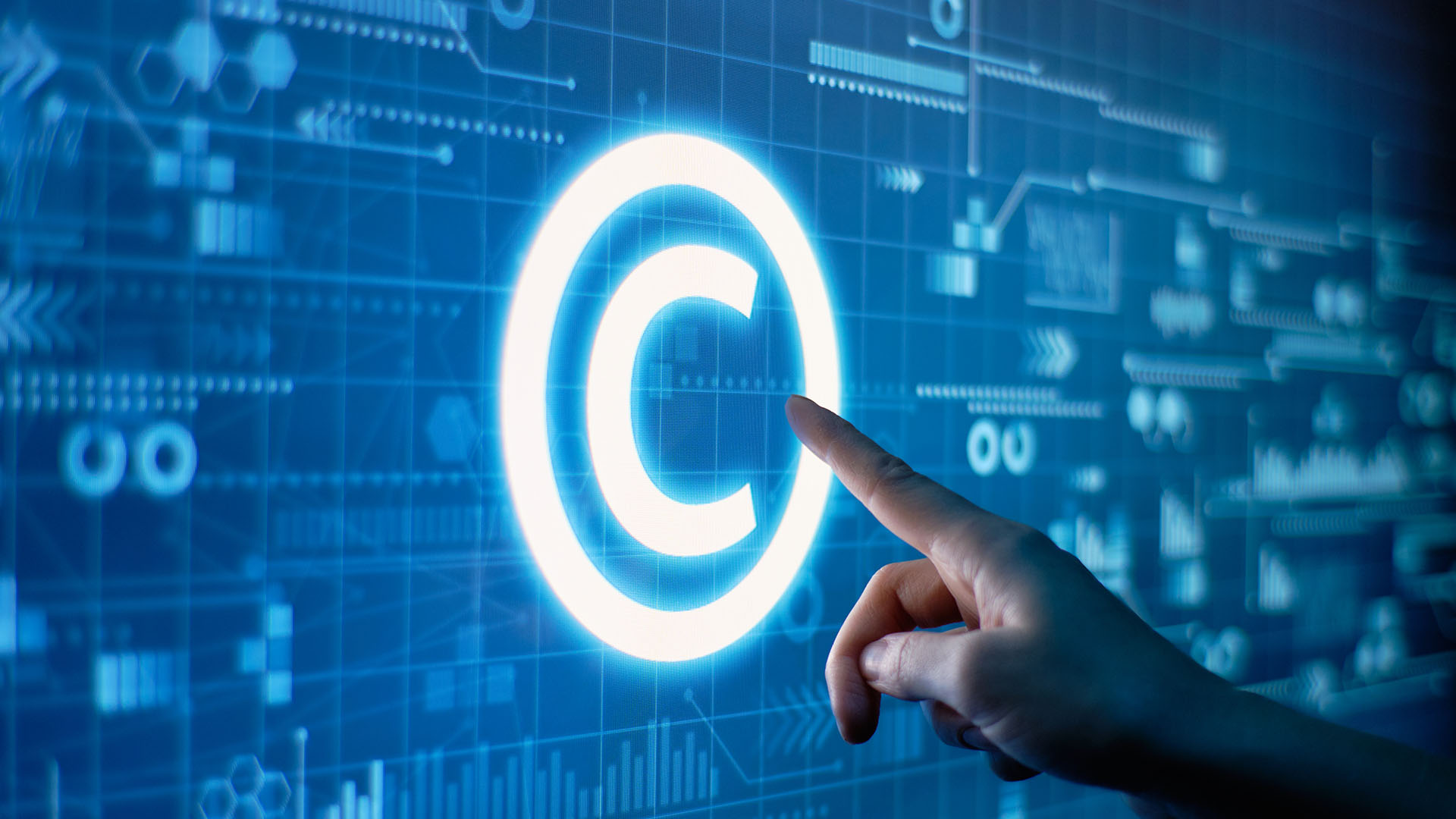I. INTRODUCTION
Vertical agreements in the motor vehicle aftermarket are governed by Motor Vehicle Block Exemption Regulation 461/2010 (MVBER), for the application of which the Commission has issued its Supplementary Guidelines (MVGL). In light of the upcoming date of expiry of MVBER on 31 May 2023, the Commission has launched a two-phase review (evaluation phase followed by an impact assessment phase) in order to determine whether it should be prolonged, revised or allowed to lapse. Based on the feedback provided by 33 respondents prior to the initiation of the public consultation, we provide below an overview of the main elements that have been outlined.
II. ASSESSMENT OF MVBER & MVGL
There is no doubt that the application of MVBER contributed significantly to the maintenance of consumers’ freedom of choice in the motor vehicle aftermarket. The particular conditions governing the supply and distribution of spare parts and the provision of after-sales services by independent aftermarket players made the enforcement of MVBER a prerequisite for ensuring that aftermarket remains competitive. In general, the application of MVBER resulted in lower cost of repairs for consumers, allowed consumer access to genuine OEM parts and provided quick access to vehicle repairs through independent repairers, avoiding thus the long waiting lists in the main dealer’s network.
It becomes, therefore, evident that the tendency is that a separate regulation for the motor vehicle aftermarket sector needs to be maintained in order to preserve a well-functioning competitive aftermarket. However, several market trends have emerged since the adoption of MVBER, which may be addressed in the MVBER and the MVGL. The concerns emerging from the new market conditions can be summarized in the following:
1. Vertical Integration & SMEs
Competitive pressure on independent repairers is no longer exercised solely by authorised repairers belonging to a supplier’s network. Vehicle manufacturers are increasingly shifting towards vertical integration not only in the market for new motor vehicles, but also in the aftermarket. Market developments such as the installation of software and the ability to provide remote repair or reprogramming has enabled vehicle manufacturers to become repairers themselves, extending their activity to the entire supply chain. At the same time, the majority of the independent repairers active in the aftermarket are SMEs, which are now being called to compete against powerful manufacturers.
This imbalance in power is said to become further aggravated by developments related to the connectivity capabilities of modern vehicles, as well as business strategies implemented jointly by vehicle manufacturers. An example of that latter market reality is provided in the respondents’ feedback, where they refer to vehicle manufacturers who have joined forces on a common Internet ordering platform for their original spare parts and thereby correspond to the role/function of an independent multi-brand spare parts distributor.
2. Extended vehicles as an exclusionary conduct
Participants also expressed concern that in order to obtain a competitive advantage over independent repairers, vehicle manufacturers are continuously increasing the complexity of their products by adding further specialized technology. The ability of independent repairers to provide repair services on highly complex products is further limited and ultimately can result in their exclusion from the market. Therefore, there is a consensus among several market players that the new MVBER and/or the MVGL need to clearly address that trend by providing adequate safeguards that ensure that independent repairers are equipped with the required knowledge (access to vehicle data) and resources (e.g. software) required to provide their services over such technologies.
3. Access to Vehicle Data
The impact of digital revolution in modern economy has not left the automotive sector unaffected. Technological advances related to connectivity of vehicles and their ability to generate data have led to the emergence of innovative services which are primarily dependent on the use of such data (e.g. over-the-air software updates, remote vehicle diagnostics, EV battery status, stolen vehicle tracking etc.). As a result, access to in-vehicle data has become an essential element in relation to the ability of market players to compete in the aftermarket.
It is claimed that vehicle manufacturers have an inherent advantage over independent repairers in relation to access to such data. To maintain that advantage it is claimed that several manufacturers are trying to impose barriers to independent repairers in relation to their ability to access it. These barriers can range, as several respondents provide, from vehicle manufacturers motivating their authorized network to impose an “administration fee” to provide the requested data, to declining to grant equal access to unauthorized repairers.
Against this background, respondents argue that it is crucial to establish the conditions which will allow independent repairers to gain access to accurate, complete and up-to-date data. However, as the complaint of the German Association of the Automotive Parts Trade in the Kia case demonstrates, it is not the mere fact of the access to such data, but also the conditions under which it is granted. To that end respondents urge the Commission to examine whether the new Regulation (EU) 2018/858 (which shall apply from 1st September 2020), establishing the manufacturers' obligations to provide to independent operators unrestricted, standardised and non-discriminatory access to vehicle OBD information and vehicle repair and maintenance information (Article 61), suffices to tackle these concerns.
4. Misuse of Warranties
Respondents complain that another way for vehicle manufacturers to exclude independent repairers from the aftermarket is by locking-in customers through the extension or invalidation of the warranty. With regard, on the one hand, to the extension of warranties, respondents referred to the practice of car manufacturers who offer from the date of a car’s first sale an extended warranty, which produces its full effect when the legal warranty runs out. With this extended warranty consumers are shepherded to use authorized repairers. Others, are offering the motorists the opportunity to extend their warranty on the hybrid–battery if they make a special service in an authorized repairer. On the other hand, if customers have recourse to independent repairers, manufacturers impose on them extensive obligations in order to take advantage of the warranty by requiring them for example to provide not only details of the previous service, but also evidence that every single spare part is OEM-approved. The threat of a potential invalidation of a warranty can have an exclusionary effect for independent repairers.
5. Product Market Definition for Aftermarkets
Finally, the review of MVBER can be seen as a good opportunity to clarify certain issues that have arisen through the inconsistent application of MVBER by National Competition Authorities (NCAs) and national courts. Such an issue is that related to the market definition for aftermarkets. More specifically, it remains yet unclear whether these aftermarkets should be treated as “brand-specific”, as the Commission suggests (see point 57 MVGL) or whether a broader market definition can be applied, as the Higher Regional Court of Frankfurt and the German Federal Court did in the MAN cases. In the latter cases, the German courts defined the product market very broadly as an upstream market for repairers of passenger cars entailing all products, services and rights which facilitate the access to a downstream market for repair and maintenance services of passenger cars.
III. CONCLUSION
The consultation to date would seem to indicate that maintaining a sector-specific regulation for the motor vehicles aftermarkets is the most efficient method to ensure the competitiveness of that market. Nevertheless, market developments related to vertical integration and the emergence of connected vehicles pose new challenges that may be addressed in the revised MVBER and MVGL.
IV. NEXT STEPS
Following the Feedback period, which has already been completed in Q1 2019, respondents are now being called to provide their feedback during the Public Consultation period (Q2 2020), which will last 12 weeks. The Commission will then adopt a Report in Q2 2021, summarizing the findings during the evaluation period, after which it will assess the actions needed to be taken in light of the upcoming expiry of MVBER on 31st May 2023.
Athens, December 13, 2019
By: Gregory Pelecanos (Senior Partner) and Constantine Beikos-Paschalis (Junior Associate)
This document is only informative and not intended to provide legal advice. Please contact your preferred legal consultants for advice on the matters discussed in this document. The information in this document is intended only as a general update and should not be taken as the sole foundation for decision making.



